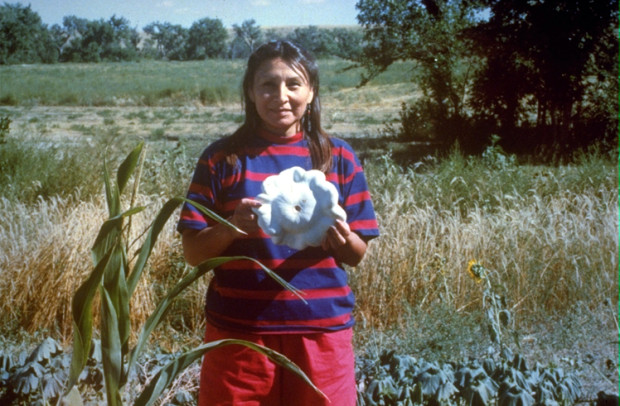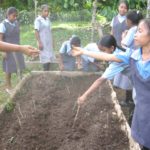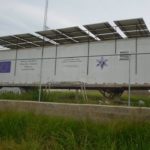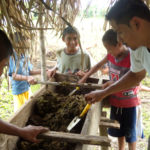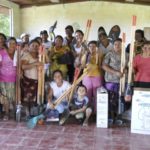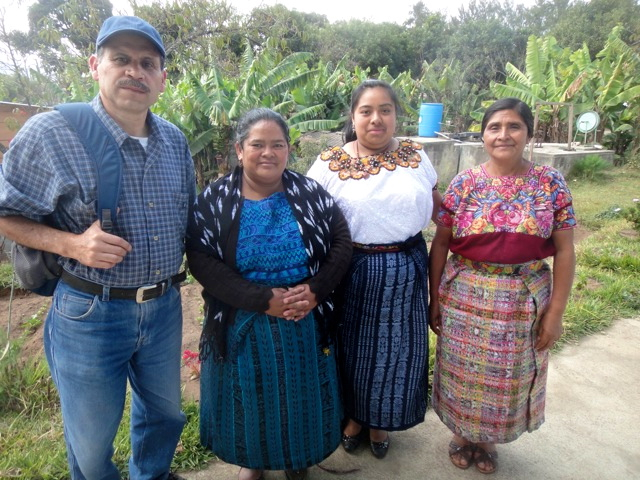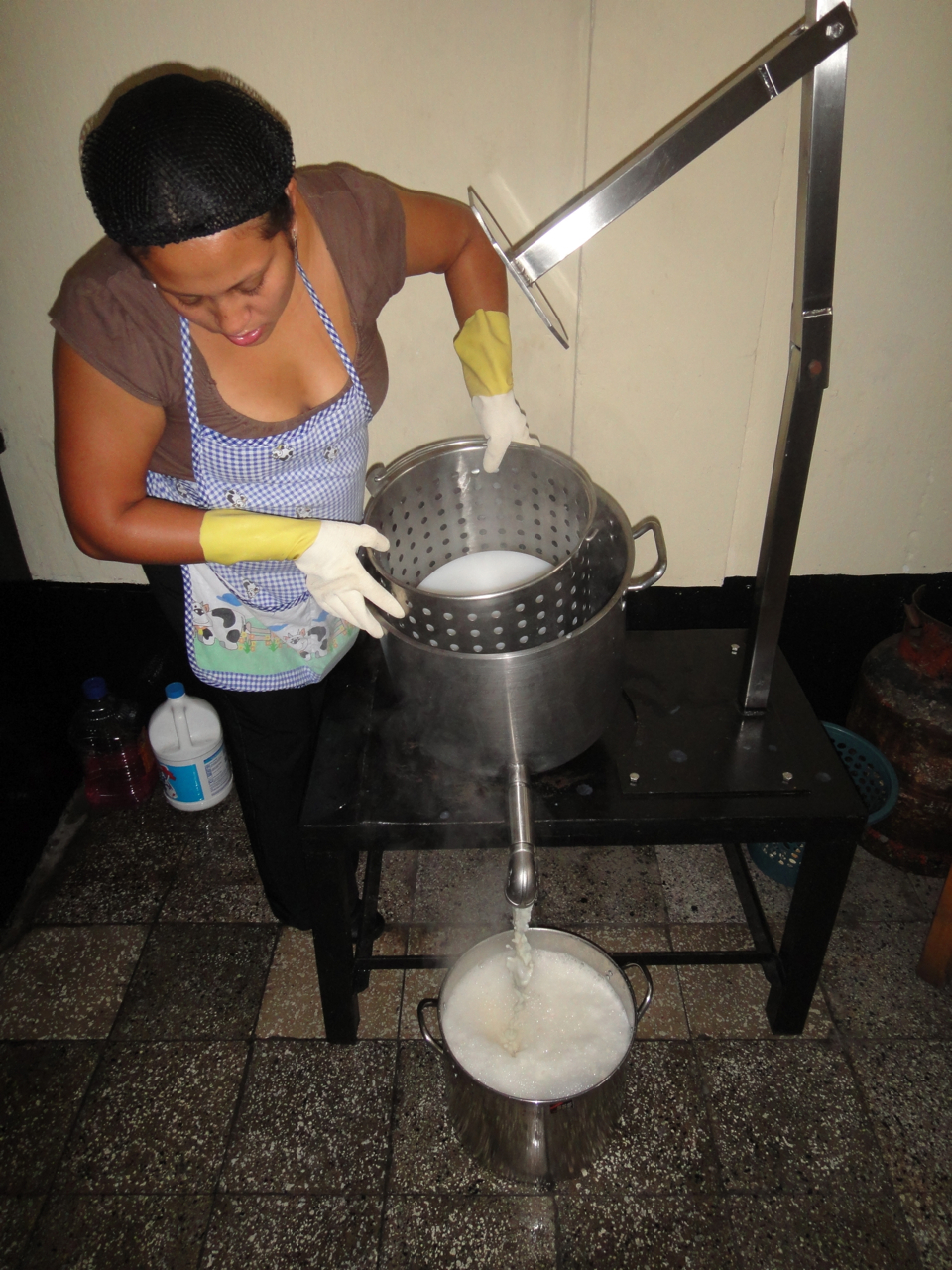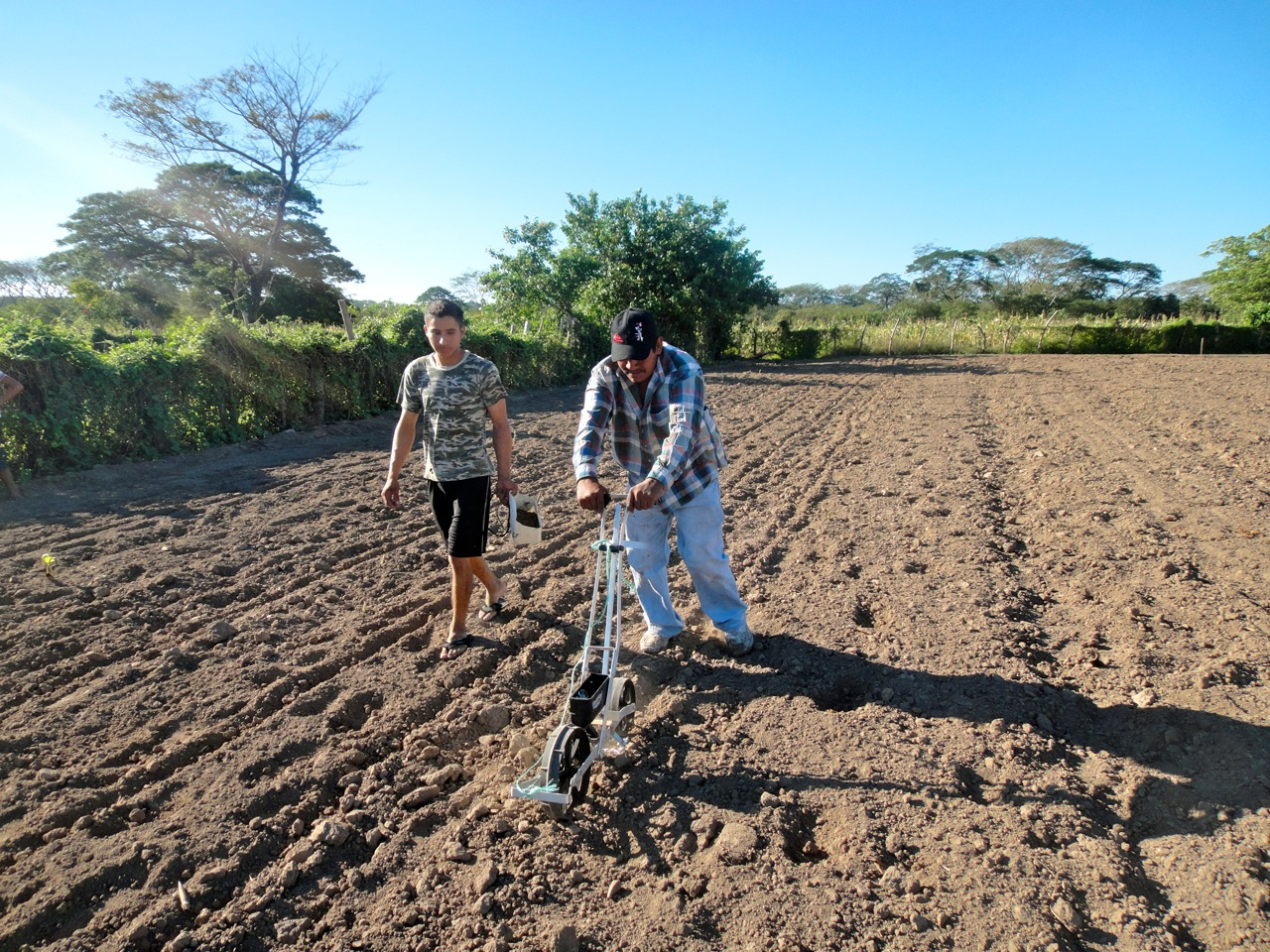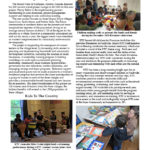Activities and Intended Results
- Promote Equity, Sustainability and Resilience to Climate Change with regards to Food Security
- Three covered agricultural structures producing food, one managed by the women and older youth of village, two managed by school youth and PTA. 25% of the production from each structure will be sold to provide funds for maintenance. The women and youth will keep 50% of their production and donate 25% to the school feeding program. The school youth and PTA will use 25% of their production for incentives and donate 50% to the school feeding program. Thus the covered agriculture structures are maintained, livelihoods are enhanced, and food security for the children in the school is greatly improved.
- Two distinct agro-foresty areas are set up with short, medium and long term plantings so as to enhance livelihoods and enhance food security while adapting to and mitigating climate change
- Water for irrigation and chickens will be readily available through the combination of solar water pumping from the river, water re-use, and rainwater collection.
- Knowledge and Attitudes with regards to gender and climate change are enhanced amongst the participants.
Collaborators
- Plenty Belize
- Ministry of Agriculture
- Ministry of Education
- Ministry of Rural Development
- Jalacte PTA, School, and Village
- Jalacte Women’s Group
- Regeneration Belize
- Ya’axche Conservation Trust
Funders
- GEF SGP
- Government of Belize
- Plenty International












